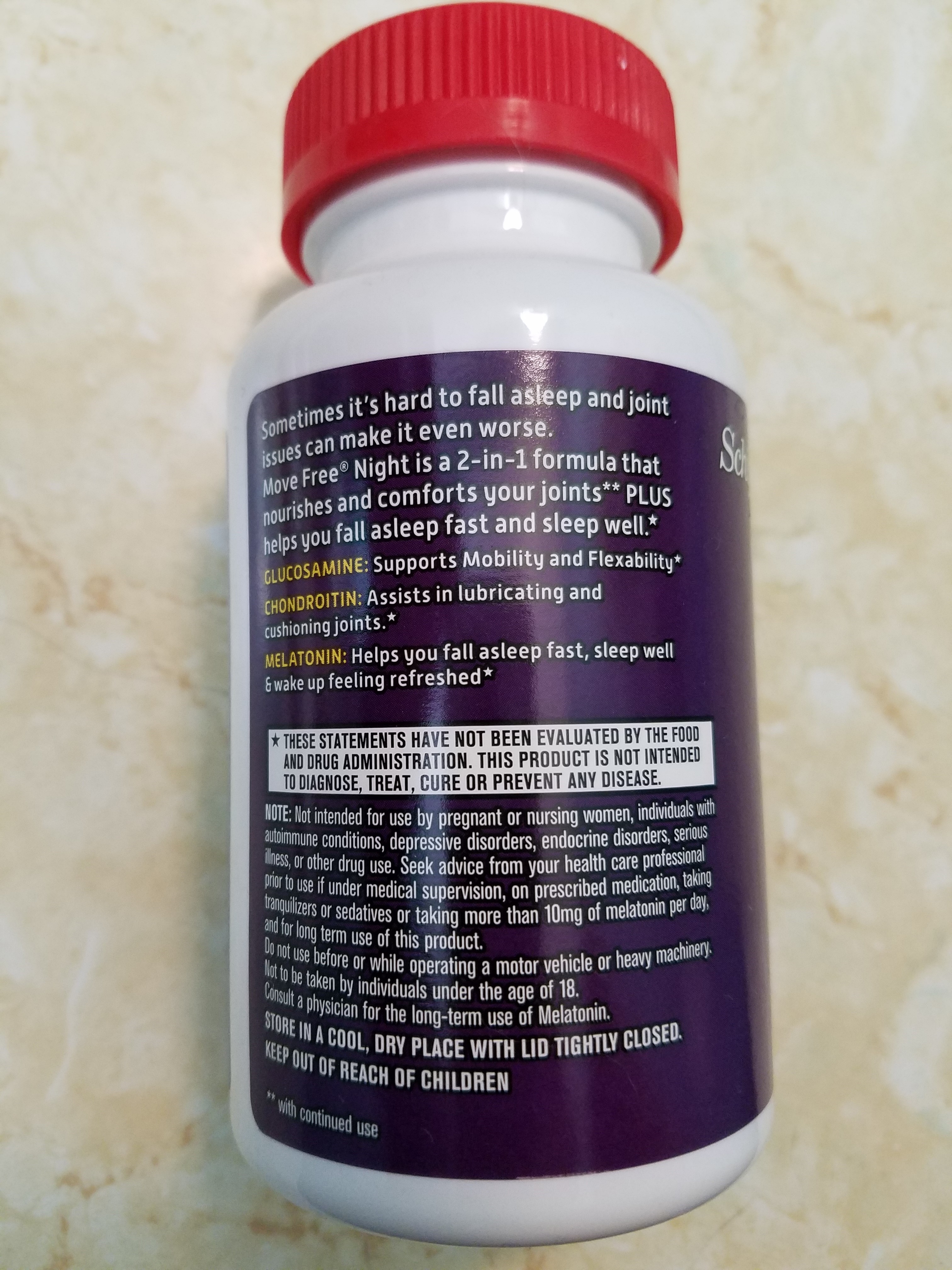The Food and Drug Administration (along with the FTC and FCC) regulates the claims that dietary supplements can make for their products. Dietary supplements are those things that people take to enhance their health but aren’t drugs. If the substance is “intended for use in the diagnosis, cure, mitigation, treatment, or prevention of disease” or “to affect the structure or any function of the body of man or other animals,” it is considered a drug and is subject to considerably more regulation. If a substance is not a drug, it can avoid a lot of expense, testing and regulation, but then it cannot make a lot of claims relating to the usefulness of the substance.
Dietary supplement labels may carry certain types of health-related claims. Manufacturers are permitted to say, for example, that a dietary supplement addresses a nutrient deficiency, supports health or is linked to a particular body function (like immunity or heart health). However, such a claim must be followed by the words, “This statement has not been evaluated by the Food and Drug Administration. This product is not intended to diagnose, treat, cure, or prevent any disease.”
The federal government can take legal action against a company or website that sells dietary supplements if and when the company makes false or deceptive statements about the products sold, if they promote them as treatments or cures for diseases or if their products are unsafe.
Also, once a dietary supplement is on the market, the government agencies monitor information on the product’s label and package insert to make sure that information about the supplement’s content is accurate and that any claims made for the product are truthful and not misleading.
So be very, very careful if you are making claims about helping treat or prevent any conditions unless you are ready to jump through the hoops of drug regulations.


